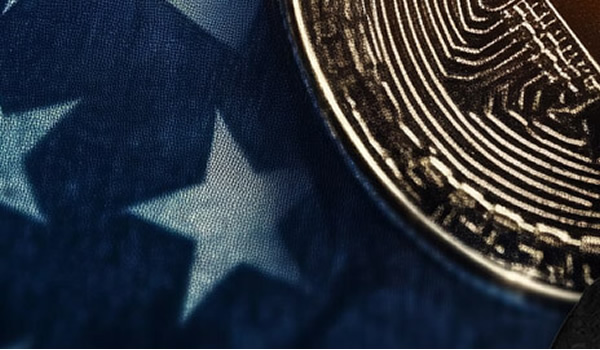Summary: Personal banking caters to your individual financial needs, offering an array of products and services. Familiarizing yourself with its nuances can help you make informed decisions and maximize your financial health.
Introduction
Personal banking serves as your direct interface with the financial system, offering products and services that range from savings and checking accounts to loans, credit cards, and financial planning. Whether you’re just starting out, looking to save for a major purchase, or planning for retirement, personal banking provides you with the tools to manage and grow your money.

Understanding Personal Banking
Unlike corporate banking that deals with large-scale businesses, personal banking primarily caters to individuals and families. It involves the management of assets, banking transactions, lending, and savings. The goal is to help clients manage their money effectively, access credit as needed, and plan for future financial needs.
Choosing the Right Personal Banking Services
Different banks offer diverse personal banking services, and choosing a bank that best fits your needs is essential. Consider factors like interest rates, availability of online banking, customer service, branch proximity, and the range of available services. It's also advisable to compare different banks' offerings to make a well-informed decision.
Common Personal Banking Mistakes
One common mistake is not routinely monitoring your account, which can lead to oversight of suspicious activities or charges. Similarly, not maintaining a minimum balance can result in surprise fees. Lastly, many underestimate the importance of saving and investing, leading to potential lost opportunities to grow their wealth.
A Scenario: Navigating Personal Banking
Consider Jane, a recent college graduate starting her first job. She needed a bank account for her salary, a credit card for emergencies, and advice on managing her student loan. With the right personal banking services, she opened a checking account for her salary, obtained a credit card with reasonable rates, and received guidance on loan repayment strategies.
Conclusion
Mastering personal banking allows you to make the most of your income, avoid unnecessary fees, and effectively plan for the future. Educate yourself, stay vigilant, and don't hesitate to seek professional advice to take control of your financial health.
FAQs 1. What is personal banking? 2. How do I choose the right personal banking services? 3. What are some common mistakes in personal banking? 4. Can I manage all my financial needs through personal banking? 5. What are some benefits of online banking?
User Comments 1. "The tips on avoiding common mistakes are really helpful." 2. "I had no idea the range of services offered in personal banking. This helped me better understand what I need." 3. "Great article! I felt more confident having a conversation with my bank after reading this."
Editor's Note
Financial literacy is a critical skill and understanding personal banking is a big part of it. We hope this article empowers you to take control of your finances, avoid common pitfalls, and utilize banking services to your advantage.

